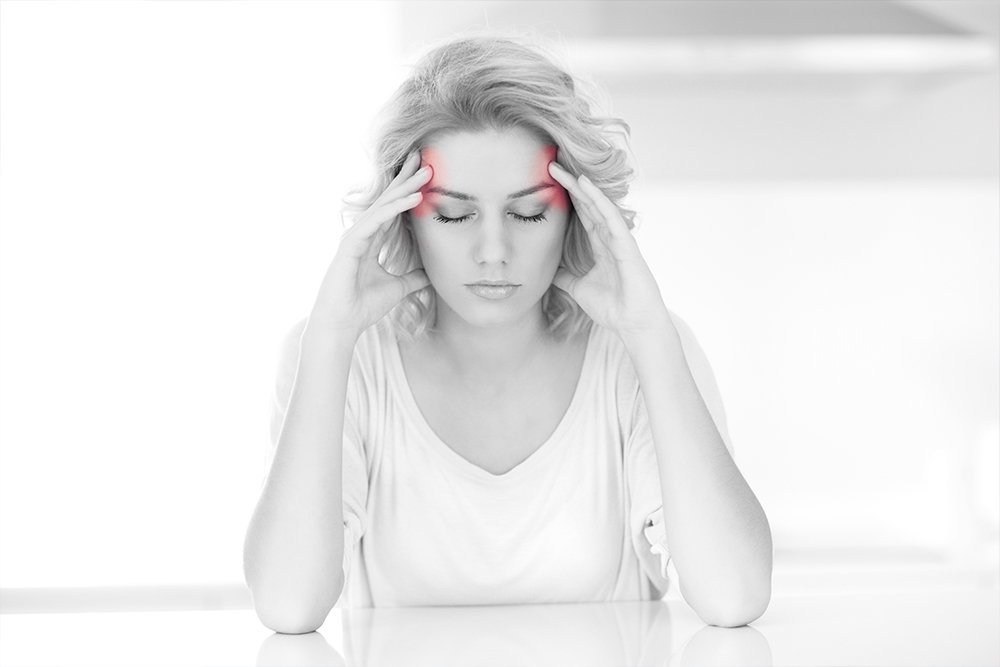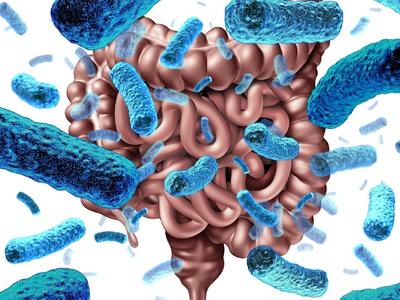What is your type of headache?
Every one of us knows the pain of headaches, but not all of us will recognise the different types of headaches we are experiencing. Here is a quick guide:
-
Tension Headaches
These are the most common and typically present as a dull, aching pain, like a tight band around the forehead or the back of the head and neck. Stress, poor posture, eye strain, fatigue, and muscle tension in the neck and scalp can be to blame. -
Migraines
Characterised by an intense, throbbing pain, usually on one side of the head, migraines are often accompanied by other symptoms such as nausea, vomiting, sensitivity to light and sound, and visual disturbances. The exact cause of migraines is not fully understood, but genetics, environmental factors, and changes in brain chemistry are believed to play a role. -
Cluster Headaches
These are extremely painful and they occur in clusters or cycles. They often strike suddenly and without warning, around the same time of day or night, and present as an intense pain centred around one eye. Other symptoms include redness or tearing of the eye, nasal congestion, and restlessness. The exact cause of cluster headaches is unknown, but they are thought to involve abnormalities in the hypothalamus and trigeminal nerve. -
Sinus Headaches
These headaches are associated with inflammation of the sinus cavities. They typically cause pain and pressure in the forehead, cheeks, and nasal area. Other symptoms may include facial tenderness, congestion, and a feeling of fullness in the ears. -
Rebound Headaches
These headaches occur with the overuse of pain medications such as aspirin, acetaminophen, ibuprofen, and migraine medications. -
Exertion Headaches
These typically present as a throbbing or pounding head during or after exercise. Exertion headaches are thought to be caused by increased blood flow to the brain during intense physical activity, leading to blood vessel dilation. -
Hormone Headaches
Also known as hormonal migraines or menstrual migraines, these headaches are usually triggered by changes in oestrogen levels and tend to occur just before or during menstruation.
Remember, this is only a guide and treatment strategies can vary depending on the underlying cause and individual factors. If you suffer from headaches and want to know more, book a consultation with our qualified naturopath and functional medicine practitioner, Valerie Nevgen.







